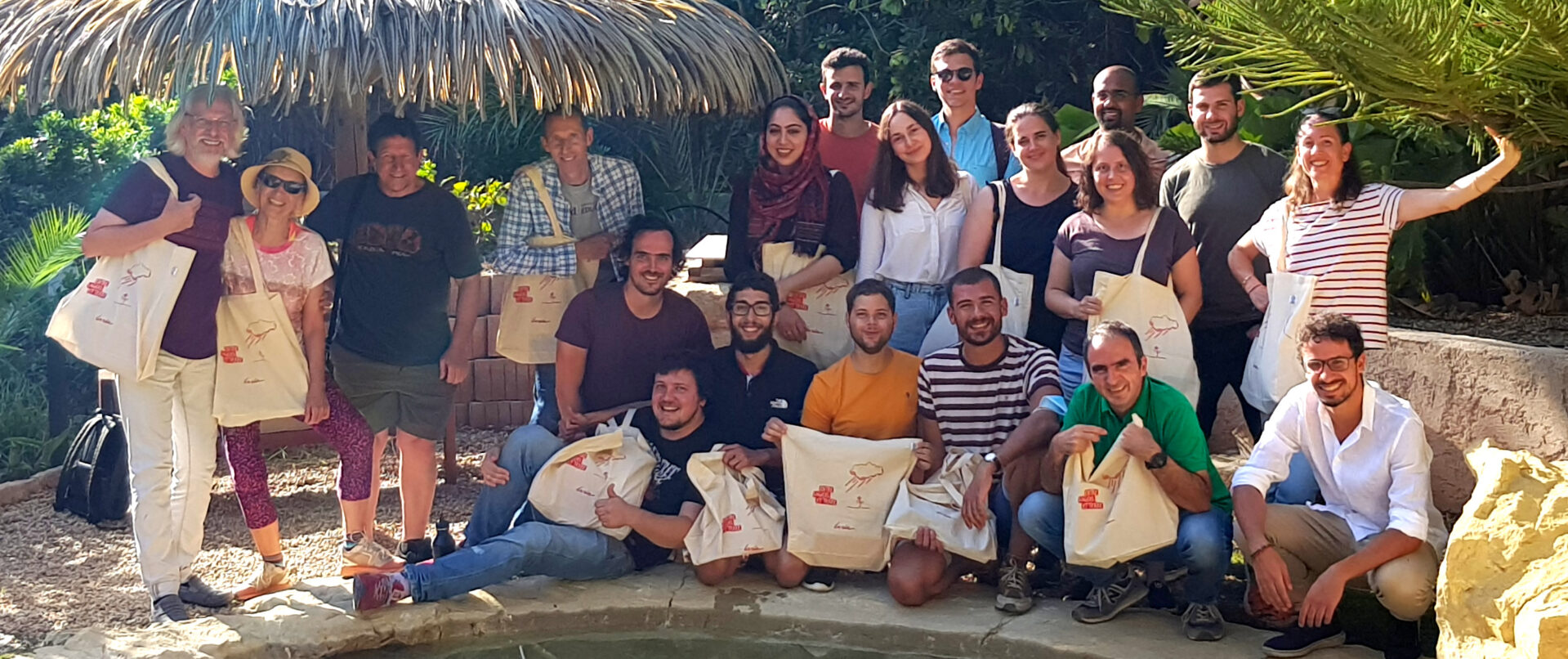Location: Lagrange Gris (L101), Inria Sophia Antipolis
Date: Tuesday the 13rd of May 2025, at 2 p.m.
Title: A Stochastic Geometry Framework for RIS-Assisted Cellular Networks.
Abstract: We investigate the system-level impact of reconfigurable intelligent surfaces (RIS) on cellular networks. We develop a framework to characterize downlink coverage probability and ergodic rate, considering multiple RISs serving a single UE.To model the random spatial deployments of base stations (BSs) and RISs, we employ a Poisson point process (PPP) for BSs and conditioned Matérn cluster processes (MCPs) for RISs, which enables flexible deployment strategies.We analyze system performance under OFDM, assuming RISs as powerless beamformers.Our analytical expressions provide insights into the impact of key RIS parameters, such as density, on system-level performance. To demonstrate the framework’s versatility, we analyze RIS deployment around coverage holes. This analytical framework allows for conducting a techno-economic analysis, considering total cost of ownership (TCO) and return on investment (ROI), to guide investment decisions in RIS-assisted networks. To efficiently evaluate the complex analytical expressions, we develop a numerical software tool based on the Genz-Malik rule and parallel computing to assist this framework. Numerical results, validated by Monte Carlo simulations, provide valuable insights for designing future RIS-assisted cellular networks.
Bio: Guodong Sun graduated from RWTH Aachen University (Germany) in 2020 with an MSc in Information and Communication Technology and from Wuhan University (China) in 2017 with a B.E. in Electrical Engineering.From 2021 to 2024, he was a doctoral student funded by a CIFRE project with Nokia Networks France and partially funded by the ERC NEMO project with INRIA. He was jointly supervised by Francois Baccelli, Luis Uzeda Garcia, and Stefano Paris.His research interests include performance analysis of wireless networks using stochastic geometry, with a focus on reconfigurable intelligent surfaces.He also developed high-performance numerical solvers for performance analysis of wireless networks using stochastic geometry.He joined at the begining of 2025 the NEO team at Inria Sophia Antipolis, funded by PEPR 5G, under the supervision of Samir Perlaza.

